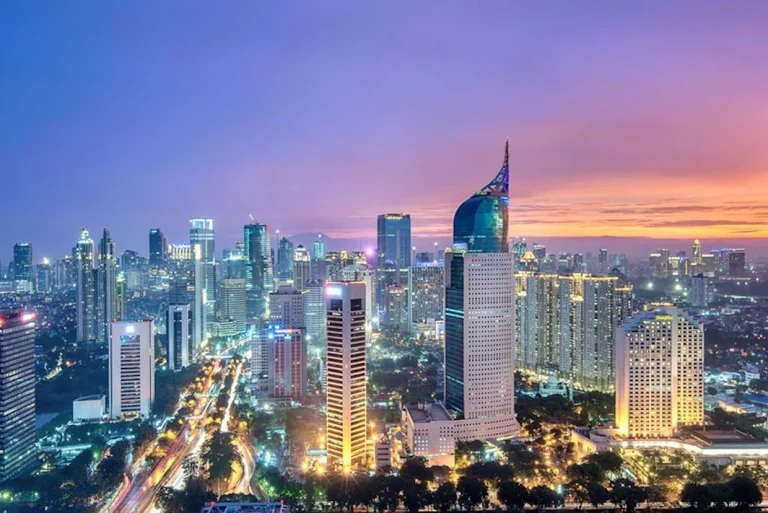🎧 Listen to This Article
Indonesia’s diverse and evolving tax regime presents both opportunities and challenges for international businesses, investors, and tax professionals. Covering corporate income tax, individual tax residency, withholding taxes, VAT, luxury goods sales tax, and customs duties, Indonesia’s tax landscape reflects its ambitions for economic growth, social equity, and regional competitiveness.
Corporate Income Tax Incentives Foster Investment Growth
The standard corporate income tax rate is 25%. However, public companies listed on the Indonesia Stock Exchange (IDX) with at least 40% public ownership enjoy a reduced rate of 20%, incentivizing equity market development. Small and medium enterprises (SMEs) with turnovers under IDR 50 billion benefit from a 50% tax discount on applicable income, helping formalize and support Indonesia’s vibrant SME sector.
Foreign companies must carefully assess tax obligations when establishing permanent establishments or generating Indonesia-sourced income without a local presence, as withholding tax mechanisms apply.
Individual Tax Residency and Progressive Rates
Individuals residing or spending more than 183 days annually in Indonesia qualify as tax residents and face progressive income tax rates from 5% up to 30%. Non-residents incur a 20% withholding tax on Indonesia-sourced income, emphasizing the importance of tax treaty considerations for expatriates and foreign professionals.
Withholding Taxes: Compliance and Planning
Withholding tax rates vary: 15% on dividends, interest, and royalties; 2% on services; and 10% final tax on land/building rentals. Payments to non-residents are generally subject to 20%, with treaty benefits potentially reducing this burden. These provisions require robust tax planning to optimize cash flow and compliance.
Value-Added Tax and Luxury Goods Tax: Dual Fiscal Tools
Indonesia applies a 10% VAT on most goods and services, with flexibility to range between 5%-15% based on government regulation. Exports are zero-rated, encouraging global trade. The Luxury-Goods Sales Tax (LGST), ranging from 10% to 125%, targets high-value items such as luxury vehicles and real estate, reflecting Indonesia’s social policy goals.
Customs and Excise: Balancing Protectionism and Trade Liberalization
Import duties can reach up to 40%, though numerous free trade agreements have reduced tariffs for many products. Strategic protectionist tariffs and anti-dumping duties remain for sensitive sectors, underscoring Indonesia’s dual approach to global integration and domestic industry protection.
Strategic Implications for Multinational Enterprises
Multinationals must navigate Indonesia’s layered tax regime with attention to:
- Corporate tax incentives and eligibility for reduced rates.
- Accurate tax residency determinations for staff and expatriates.
- Withholding tax compliance and treaty utilization.
- VAT and LGST impacts on supply chain and pricing strategies.
- Customs duties in the context of ASEAN trade agreements.
Indonesia’s tax system is a reflection of its growing economy and developmental priorities. While presenting compliance complexities, targeted incentives and a clear framework position Indonesia as an attractive destination for business investment. Forward-looking tax planning and local expertise will be critical to unlocking the full potential of this dynamic market.
For further details, clarification, contributions, or any concerns regarding this article, please get in touch with us at editorial@tax.news. We value your feedback and are committed to providing accurate and timely information. Please note that our privacy policy will handle all inquiries.



